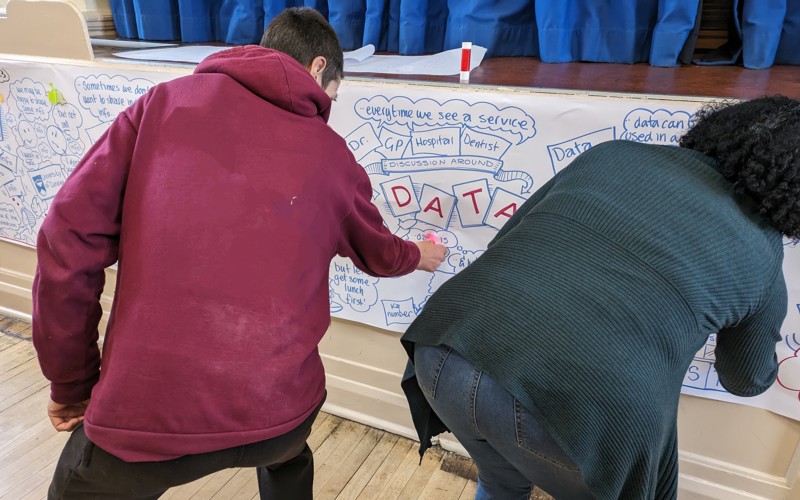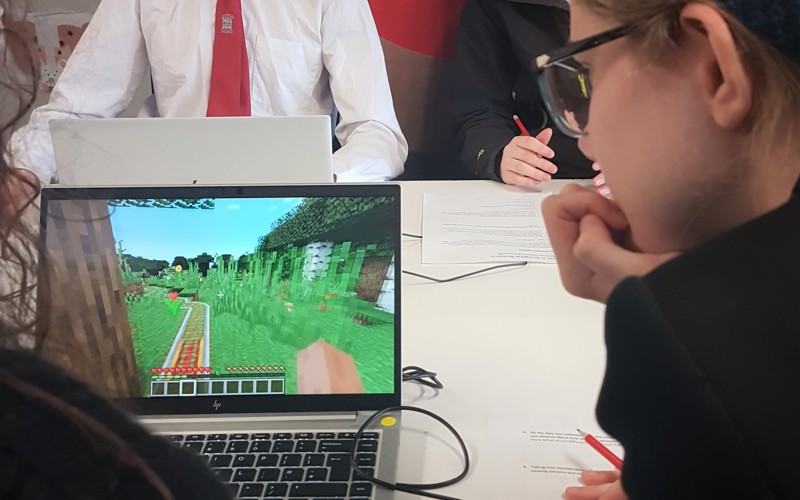Diversity
Diversity is central to a public engagement professional’s work. We strive to reach a variety of audiences, particularly those communities that are so often missed. On the first day, I was amazed by the breadth of community engagement projects being showcased.
What really struck me though was the diversity of public engagement professionals and the research areas they focused on. Naively, I had never really thought about public engagement outside the scientific sphere, but in the space of one morning I travelled from scientific research to the arts, and then took a step back into history.
After the opening plenary, I found myself in one of the most inspiring talks of the conference. In Living Memory flipped the funding model. What if we start funding the community, rather than the engagement professionals? In Living Memory funded six community projects, each providing a unique insight into the stories of Lewisham history. We all communicate in stories, so what better way than to engage this way?
Communities know what their community needs are, and it was clear that, with a little public engagement professional support, they can achieve great things. Now, we’ve been inspired to explore how we can bring the same opportunity to Scottish communities.



